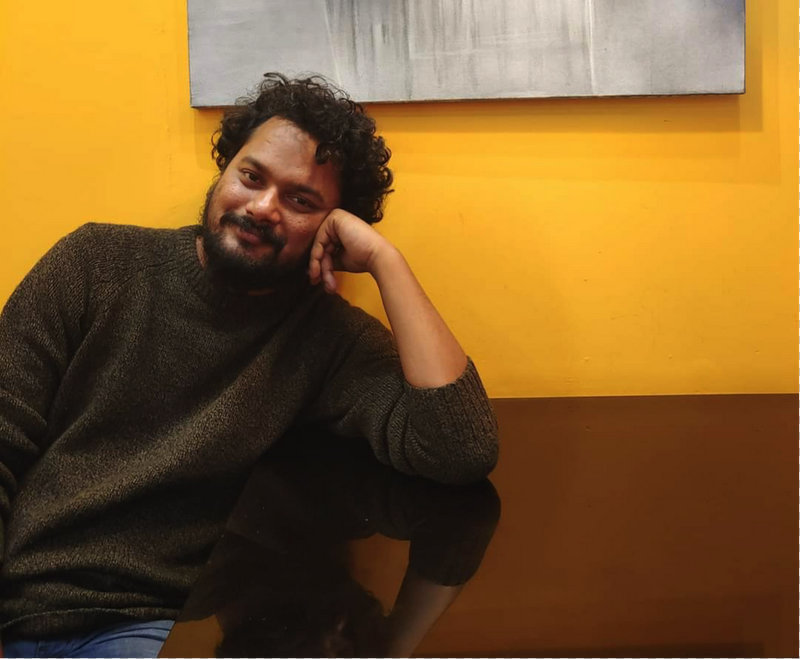Ankur Jaiswal
Name of Fellow: Ankur Jaiswal
Genre: Art and Culture
Area of Work: Ramnagar, Uttar Pradesh
Ankur Jaiswal is a qualitative researcher having interest in world cinema and documentary films. He has made a documentary film on a migrant worker tracing the journey of the labourer from Bihar to Punjab where he worked as a construction worker.He is interested in travelling to understand the lives of people residing in various places in India. Since 2011, he has been taking part in various national movements across the country. As a cultural activist, he is interested in world cinema as well. However, coming from Ramnagar, a small village in Ambedkar Nagar district in eastern Uttar Pradesh, Ankur was not introduced to world cinema untill he moved to Banaras Hindu University, and Tata Institute of Social Sciences, Mumbai.He became particularly interested in films from South America, Iran, and Korea. In the films from these countries, peoples’ everyday life is portrayed in a simpler way— different from Hollywood or Bollywood films which are more of creating illusions. His interest in the world cinema made him search for films depicting peoples’ lives and he wanted to show the alternative films to people.Viewing these films and witnessing the changes in society like the demolition of Babri mosque and implementation of liberalization, privatization and globalization during the early 1990s— the transitory phase in India— he felt the necessity of documenting the changes in peoples’ lives.As a student interested in philosophy, he believes that unlike mainstream cinema, films can be made to depict the lives of people and to show the real world struggles.Growing up in family where Kabir’s philosophy — God resides in everybody— was followed, he was clear from his childhood that people are equal. But he when he saw religious practices at other houses, he was perplexed about religion. This made him study various religions, spirituality, and practices. After studying the scriptures, he began to question the concept of God and salvation. Salvation, he considers, is a selfish act as people are born empty handed and thinking of getting salvation after death is confusing to him. Then he was studied Bhagat Singh and began to read his Diary and other works. Inspired by Bhagat Singh, he believes that whatever people can do, should be done here, in the material world.In this process, he began to meet people and keenly observe issues that are paralysing the society. Whatever wrong is going on, has been the result of peoples’ creation. To change, he says, that people need a method. That method has to be developed organically within a social set up, borrowing from other place’s experience will not help the causes in a particular place where the social make up is completely different from the other place.With this philosophical understanding he began his research journey and intends to take his understanding of social harmony to people through cinemas.
